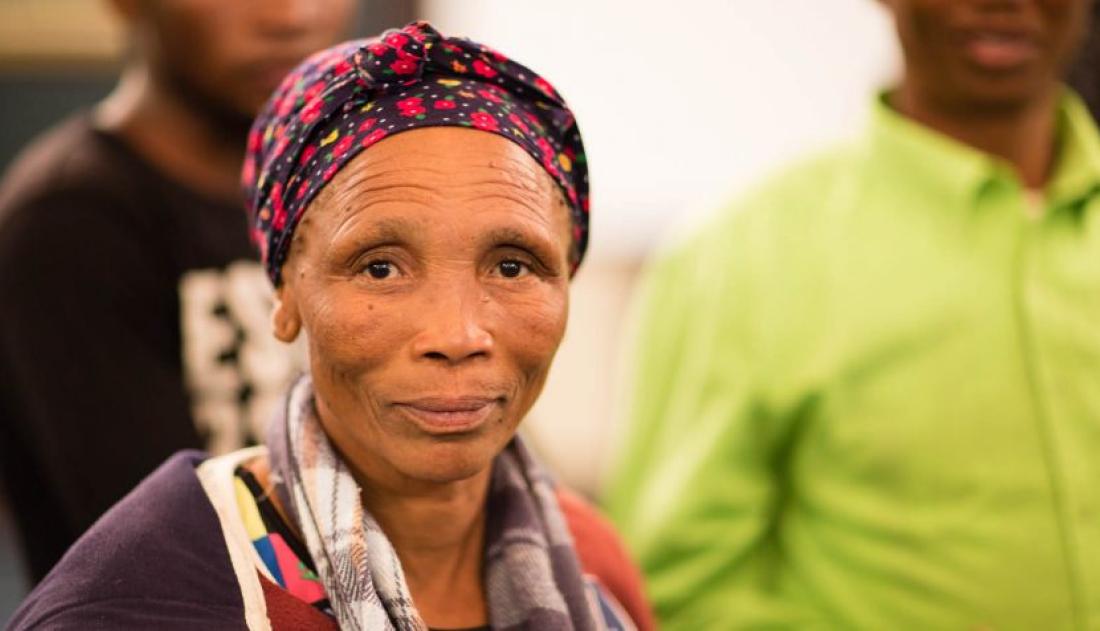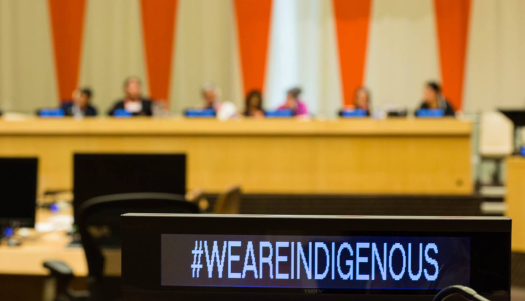
Every year, the Indigenous Peoples in Development Branch within the Division of Inclusive Social Development of the Department of Economic and Social Affairs organizes an international expert group meeting (EGM) on a theme recommended by the Permanent Forum on Indigenous Issues and endorsed by the Economic and Social Council. In 2019, the expert group meeting will be held on the theme “Conservation and the rights of indigenous peoples” as recommended by the Permanent Forum at its 2018 annual session.
Indigenous Peoples play a crucial role in the conservation of the environment. They make up around 5% of the global population and occupy, own or manage an estimated 20% to 25% of the Earth’s land surface. This land area holds 80% of the planet’s biodiversity and intersects with about 40% of all terrestrial protected areas and ecologically intact landscapes. While the expanse of protected areas nearly doubled from 8.7 million sq. km. to 16.1 million sq km. between 1980 and 2000, some estimates suggest that 50% of protected areas worldwide have been established on lands of indigenous peoples. This proportion is even higher in the Americas, where it may exceed 90% in Central America. The lands of indigenous peoples are very valuable for conservation as about 65% of them have not been intensively developed, compared with 44% of other lands.
However, indigenous peoples’ custodianship of the environment and ecosystems, and their rights to land and housing are unrecognized. They face the negative impacts of conservation programmes, which often have been based on the concept of protecting natural resources and biological diversity, while excluding human beings from these areas. Since the creation of the first State-designated protected area, Yellowstone Park, in the United States of America in 1872 and the subsequent Yosemite National Park in 1890 whereby the US government violently expelled Native Americans living in or dependent on the resources in the areas, conservation interventions around the world have far too often resulted in gross violations of the rights of Indigenous Peoples, in particular to their rights to land and housing. This includes forced displacement and evictions from their territories; criminalization and destruction of livelihoods; loss of rights to lands and resources and sacred sites; violence and extrajudicial killings of environmental human rights defenders which have spoken out on behalf of their own Indigenous communities Millions of Indigenous Persons have been dispossessed and displaced due to the exclusionary approach of protected-area management built on the premise that human activities are incompatible with conservation. This approach is often referred to as ”fortress” conservation.
Meeting Report:
E/C.19/2019/7 International Expert Group Meeting on the Theme “Conservation and the Rights of Indigenous Peoples”: | AR | EN | ES | FR | RU | ZH |
Background documents:
Report of the Special Rapporteur on the rights of indigenous peoples
United Nations Declaration on the Rights of Indigenous Peoples
Study to examine conservation and indigenous peoples’ human rights by Brian Keane and Elifuraha Laltaika | AR | EN | ES | FR | RU | ZH |
FAO High Level Expert Seminar on Indigenous Food Systems
Conservation and Indigenous Peoples in Mesoamerica: A Guide | EN | ES |
Papers submitted by experts:
Conservation Initiative on Human Rights
Idu Mishmis Seek Consultation on Dibang Tigers
The Status of the Forest Rights Act (FRA) in Protected Areas of India
Lesson from Yawal (Frontline Article)
Conservation Nairobi by Mirna Cunningham Kain | EN | ES |
The Nature Conservancy (TNC) Statement to Nairobi Expert Group Meeting
Gina Cosentino: Governing the Global Commons
Goutem Dewan: Conservation and Its Impact on the Rights of Indigenous Peoples
Standards of Conservation Practice (UNEP)
International Union for Conservation of Nature
 Welcome to the United Nations
Welcome to the United Nations


